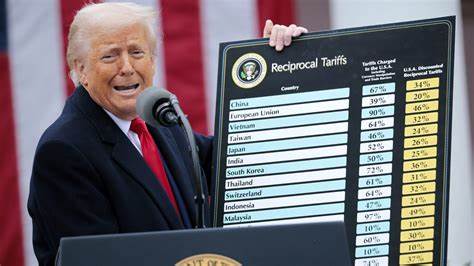In an assertive statement, Dr. Chinyere Almona, Director-General of the Lagos Chamber of Commerce & Industry (LCCI), aligned the Chamber’s stance with the World Bank’s apprehensions regarding the Nigerian National Petroleum Corporation Limited (NNPCL) and other Government-Owned Enterprises (GOEs).
She emphasized the urgent need for reforms, advocating for enhanced transparency and a robust strategy to bolster enterprise performance, even proposing privatization options.
Join our WhatsApp ChannelAlmona reiterated the significance of prioritizing government revenue improvement through commitments, stating, “The improvement of government revenue could only be achieved by reforms and commitment on the part of the government to improve transparency and a comprehensive strategy that will improve the performance of the enterprises, including privatization options.”
READ ALSO: Ex-NNPC Executive Foresees Economic Boost, Environmental Concerns From Dangote Refinery
Expressing reservations about immediate Value-Added Tax (VAT) hikes due to their potential impact on consumers, she clarified the Chamber’s position, asserting, “We would not support the immediate increase in Value-Added Tax (VAT) due to its cost impact on consumers in the immediate term.”
Regarding the partial subsidy return, Almona concurred with the World Bank’s perspective, advocating for petrol price adjustments aligned with market conditions. “We support the views of the World Bank and the need to adjust petrol prices to reflect market conditions,” she stated.
Addressing the NNPC’s dominance in product importation and pricing opacity, Almona emphasized the imperative of petroleum product deregulation while raising concerns about NNPC’s monopolistic practices: “We are, however, worried about the monopoly in the importation and supply of the products by NNPCl and the lack of transparency in the pricing of the products.”
Highlighting concerns over the FX market’s instability, she suggested short-term measures to address supply gaps and urged the declaration of an oil and gas production emergency to bolster forex earnings.
Almona underscored the need to build market confidence in free FX pricing, asserting, “The government must strategically pursue and incentivize the local production of basic household needs that are being heavily imported to reduce the huge demand for Forex.”
In response to the World Bank’s Nigeria Development Update (NDU), the LCCI boss echoed shared worries about inflation, revenue leakages, FX market instability, increased poverty, partial subsidy return, and sub-optimal GDP growth.
She urged intensified efforts by the Central Bank of Nigeria (CBN) to tackle inflation and advocated regenerative investments in critical sectors for the poor’s welfare and economic growth.
Emmanuel Ochayi is a journalist. He is a graduate of the University of Lagos, School of first choice and the nations pride. Emmanuel is keen on exploring writing angles in different areas, including Business, climate change, politics, Education, and others.


















Follow Us